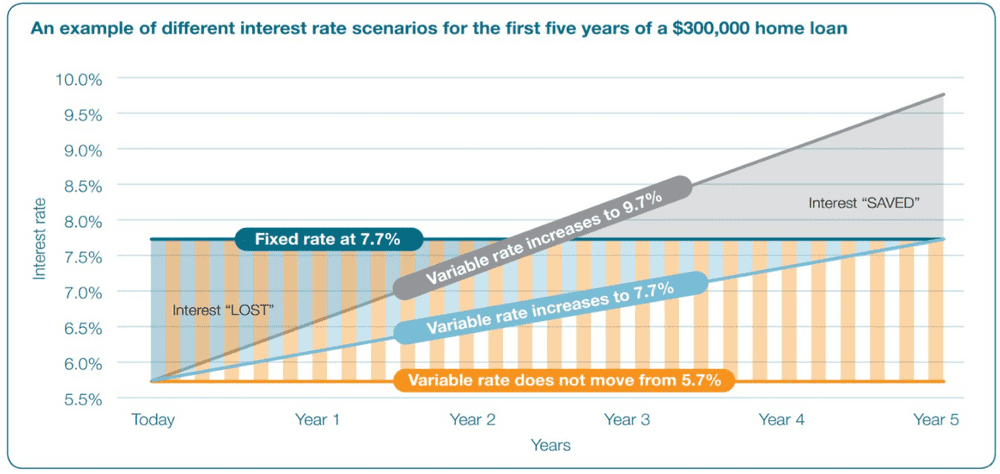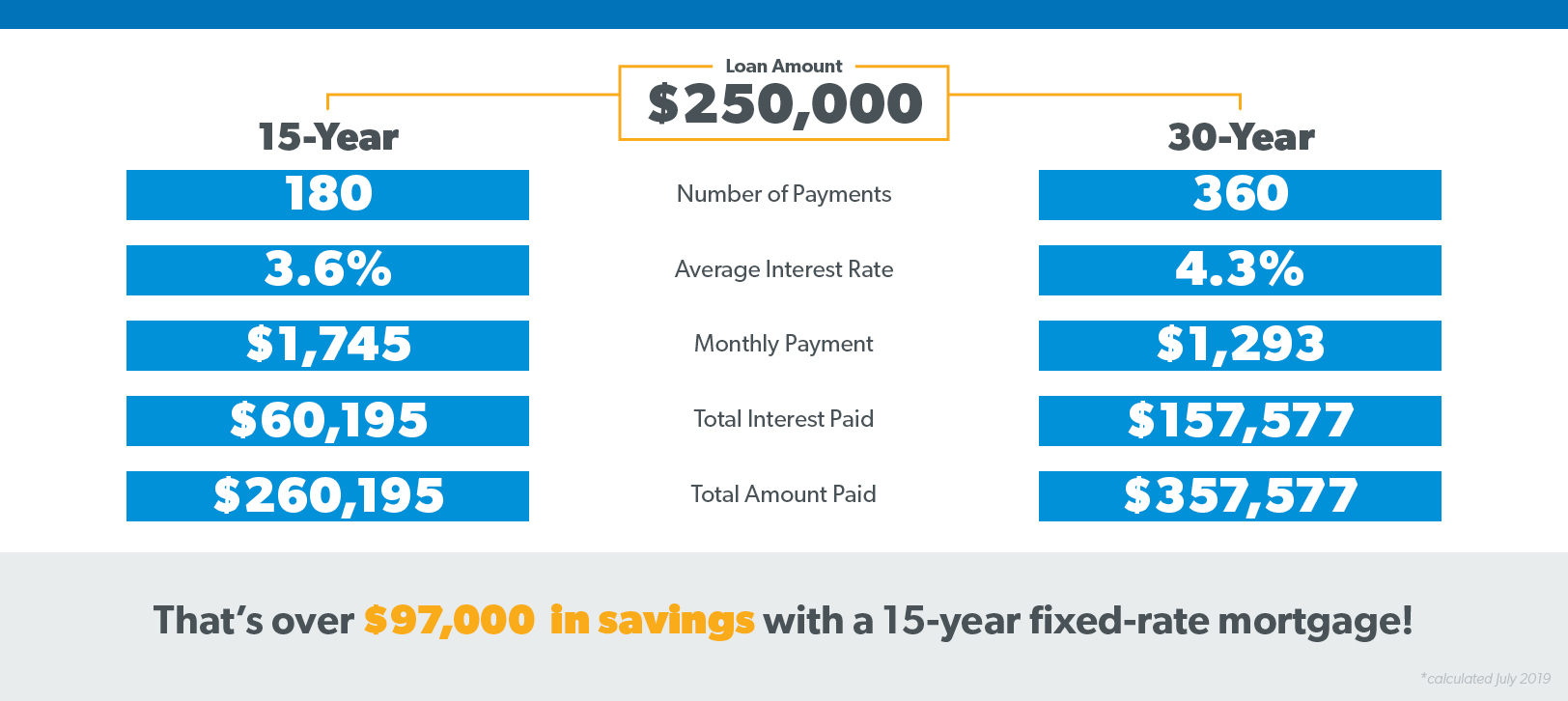When you buy a home, you might hear a little bit of market terminology you're not acquainted with. We've developed an easy-to-understand directory site of the most typical mortgage terms. Part of each monthly home mortgage payment will go toward paying interest to your lender, while another part goes toward paying for your loan balance (likewise understood as your loan's principal).
Throughout the earlier years, a higher portion of your payment approaches interest. As time goes on, more of your payment approaches paying down the balance of your loan. The down payment is the cash you pay upfront to purchase a house. In many cases, you need to put money down to get a home mortgage.
For example, conventional loans require as little as 3% down, however you'll have to pay a monthly cost (referred to as private mortgage insurance coverage) to make up for the little down payment. On the other hand, if you put 20% down, you 'd likely get a much better rate of interest, and you wouldn't need to pay for private home loan insurance.

Part of owning a home is spending for real estate tax and homeowners insurance. To make it easy for you, loan providers established how to rent out my timeshare an escrow account to pay these expenses. how do fixed rate mortgages work. Your escrow account is handled by your lending institution and functions type of like a monitoring account. Nobody earns interest on the funds held there, however the account is utilized to gather money so your loan provider can send out payments for your taxes and insurance coverage in your place.
Not all mortgages come with an escrow account. If your loan doesn't have one, you need to pay your real estate tax and homeowners insurance coverage bills yourself. However, a lot of loan providers use this choice since it permits them to ensure the real estate tax and insurance expenses earn money. If your down payment is less than 20%, an escrow account is needed.
Not known Facts About How Do Arms Work For Mortgages
Keep in mind that the amount of cash you require in your escrow account depends on how much your insurance and real estate tax are each year. And because these expenditures might change year to year, your escrow payment will alter, too. That suggests your month-to-month mortgage payment might increase or reduce.
There are 2 types of mortgage interest rates: fixed rates and adjustable rates. Repaired rate of interest remain the exact same for the entire length of your home mortgage. If you have a 30-year fixed-rate loan with a 4% interest rate, you'll pay 4% interest up until you pay off or re-finance your loan.
Adjustable rates are interest rates that change based on the market. Many adjustable rate home mortgages start with a fixed interest rate duration, which typically lasts 5, 7 or ten years. During this time, your rate of interest stays the exact same. After your set interest rate duration ends, your rates of interest adjusts up or down as soon as annually, according to the marketplace.

ARMs are right for some borrowers. If you prepare to move or re-finance before the end of your fixed-rate period, an http://www.williamsonherald.com/communities/franklin-based-wesley-financial-group-named-in-best-places-to-work/article_d3c79d80-8633-11ea-b286-5f673b2f6db6.html adjustable rate mortgage can give you access to lower rate of interest than you 'd generally discover with a fixed-rate loan. The loan servicer is the business that's in charge of supplying month-to-month home loan declarations, processing payments, handling your escrow account and reacting to your questions.
Lenders may sell the servicing rights of your loan and you may not get to select who services your loan. There are many kinds of mortgage loans. Each includes various requirements, rates of interest and benefits. Here are a few of the most common types you might hear about when you're requesting a mortgage - how adjustable rate mortgages work.
How Do Dutch Mortgages Work - An Overview
You can get an FHA loan with a deposit as low as 3.5% and a credit history of simply 580. These loans are backed by the Federal Housing Administration; this means the FHA will repay lenders if you default on your loan. This minimizes the threat lenders are taking on by providing you the cash; this implies lenders can use these loans to debtors with lower credit history and smaller sized down payments.
Standard loans are often likewise "adhering loans," which implies they meet a set of requirements defined by Fannie Mae and Freddie Mac two government-sponsored enterprises that buy loans from lenders so they can provide home loans to more people - how do adjustable rate mortgages work. Standard loans are a popular option for buyers. You can get a conventional loan with just 3% down.
This includes to your monthly expenses but enables you to get into a new house sooner. USDA loans are only for homes in qualified backwoods (although lots of homes in the suburban areas qualify as "rural" according to the USDA's meaning.). To get a USDA loan, your household income can't exceed 115% of the area mean earnings.
For some, the assurance fees needed by the USDA program cost less than the FHA mortgage insurance coverage premium. VA loans are for active-duty military members and veterans. Backed by the Department of Veterans Affairs, VA loans are a benefit of service for those who've served our country. VA loans are an excellent alternative due to the fact that they let you buy a house with 0% down and no private mortgage insurance coverage.
Each month-to-month payment has 4 huge parts: principal, interest, taxes and insurance coverage. Your loan principal is the amount of money you have left to pay on the loan. For instance, if you borrow $200,000 to purchase a house and you pay off $10,000, your principal is $190,000. Part of your monthly mortgage payment will instantly approach paying down your principal.
How Do Muslim Mortgages Work for Dummies
The interest you pay every month is based on your rates of interest and loan principal. The cash you spend for interest goes directly to your home mortgage provider. As your loan grows, you pay less in interest as your principal declines. If your loan has an escrow account, your month-to-month mortgage payment might likewise include payments for real estate tax and house owners insurance coverage.
Then, when your taxes or insurance coverage premiums are due, your loan provider will pay those expenses for you. Your home mortgage term refers to how long you'll make payments on your mortgage. The 2 most common terms are 30 years and 15 years. A longer term usually implies lower monthly payments. A much shorter term generally means larger regular monthly payments but big interest cost savings.
In most cases, you'll require to pay PMI if your down payment is less than 20%. The cost of PMI can be contributed to your month-to-month home mortgage payment, covered by means of a one-time upfront payment at closing or a combination of both. There's likewise a lender-paid PMI, in which you pay a slightly higher rates of interest on the home loan instead of paying the month-to-month cost.
It is the written promise or contract to pay back the loan using the agreed-upon terms. These terms include: Rates of interest type (adjustable or repaired) Interest rate portion Amount of time to pay back the loan (loan term) Amount obtained to be paid back in full Once the loan is paid completely, the promissory note is returned to the debtor.